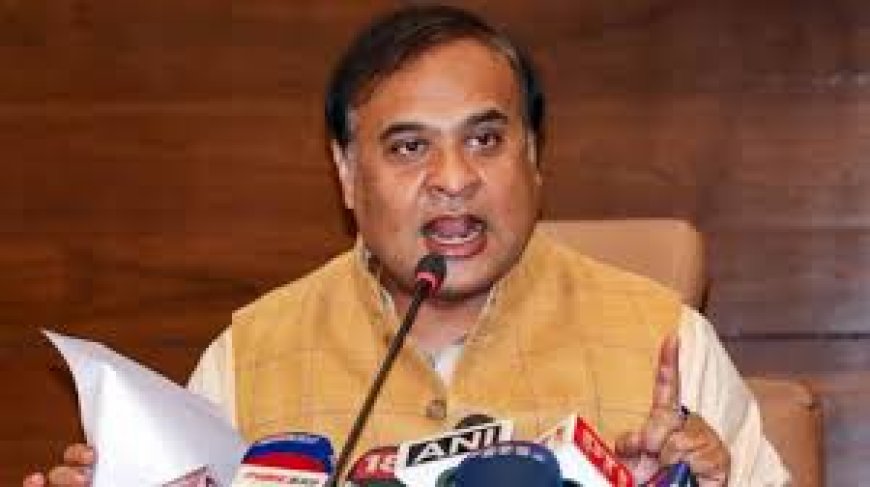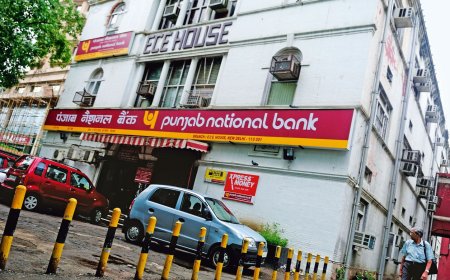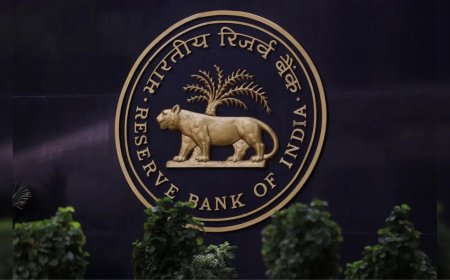Assam CM Himanta discusses issues raised by Karbi conglomerate demanding 'state within state'
Assam CM Himanta Biswa Sarma holds talks with Karbi Anglong leaders over growing demands for greater autonomy. Constructive dialogue aims to address 2021 Peace Accord implementation.

Guwahati, July 12, 2025 — Assam Chief Minister Himanta Biswa Sarma held high-level discussions with representatives of the Karbi Anglong conglomerate on Thursday to address rising concerns stemming from their demand for greater autonomy — a move that has been described by many as a push for a “state within a state.”
The meeting, held at the Janata Bhawan in Dispur, was attended by leaders from various Karbi groups including the Karbi Anglong Autonomous Council (KAAC), Karbi civil society members, and senior state officials. The dialogue comes amid mounting pressure from Karbi leaders to implement provisions of the 2021 Karbi Peace Accord more effectively and grant greater legislative and financial powers to the region.
Background: The Karbi Autonomy Movement
The Karbi Anglong region, predominantly inhabited by the Karbi tribal community, has witnessed decades of unrest driven by demands for autonomy. The 2021 Karbi Peace Accord was seen as a breakthrough, promising political, administrative, and economic empowerment through a strengthened KAAC. However, recent months have seen a resurgence of dissatisfaction over the slow pace of implementation and perceived marginalisation.
"The people of Karbi Anglong feel that despite the accord, actual autonomy remains limited," said Rupok Terang, a political analyst based in Diphu. "The demand for a 'state within a state' is symbolic of their desire for deeper legislative control without complete secession from Assam."
CM Sarma’s Position and Reassurances
During the meeting, Chief Minister Himanta Biswa Sarma emphasized the government’s commitment to honoring the accord while maintaining the integrity of Assam.
“I urge our Karbi brothers to exercise patience. The Government of Assam, in coordination with the Centre, is working systematically to implement each clause of the peace accord,” Sarma stated. “Autonomy does not mean alienation. We must work towards inclusive growth while protecting the rights and identity of the Karbi people.”
Sarma also proposed the formation of a joint implementation monitoring committee comprising state officials and Karbi representatives to ensure transparency and accountability in executing the accord’s clauses.
Key Demands from the Karbi Leaders
The Karbi leaders presented a set of demands during the meeting, which included:
-
Direct funding to KAAC from the Centre.
-
Legislative authority on matters such as land, forest, and local education.
-
Enhanced employment opportunities and local recruitment policies.
-
Establishment of a Karbi University and cultural institutions.
-
Increased infrastructure allocation, particularly for rural areas.
“The Karbi Anglong region has long been neglected. We are not asking for separation but for self-determination within the framework of the Indian Constitution,” said Jiban Rongpi, a senior Karbi leader. “We seek empowerment to govern ourselves on our land.”
Political and Social Repercussions
The developments come at a time when Assam is undergoing critical demographic and political shifts. With elections in the state due in 2026, the BJP-led state government is cautious about how such regional autonomy demands may influence voter sentiment, especially in tribal-dominated districts.
“The BJP faces a tightrope walk,” remarked political columnist Nayan Pratim. “On one hand, they must safeguard state unity. On the other, the Karbi Accord is a key plank of their tribal outreach policy. Mishandling this could risk alienating tribal votes.”
Opposition parties like the Congress and AIUDF have also urged the government to prioritize the Karbi issue while avoiding any dilution of Assam’s administrative authority.
Economic and Investor Context
The Karbi Anglong region holds significant economic potential, particularly in sectors such as horticulture, eco-tourism, and mineral extraction. However, ongoing uncertainty about governance and autonomy has deterred large-scale investments.
“Investors want policy clarity and political stability,” noted Abhijit Saikia, an economist at Northeast Policy Research Institute. “If the government manages to address Karbi concerns while preserving law and order, it could unlock regional development that benefits both locals and investors.”
Recent state initiatives in the region — such as agricultural cold chains and highway development — hinge on continued peace and cooperation with the local council.
Outlook: What Lies Ahead?
While Thursday’s meeting was hailed as “constructive” by both sides, the road to resolving deep-seated issues in Karbi Anglong remains complex. Implementation of the 2021 Peace Accord in letter and spirit, without compromising Assam’s federal integrity, will be the litmus test for the Sarma administration.
“There is hope, but also frustration,” said Terang. “This dialogue needs to convert into action, else the simmering discontent may escalate once more.”
With a follow-up meeting scheduled next month, both the state and the Karbi conglomerate appear committed to dialogue. However, the success of this engagement will depend on tangible outcomes — not just promises.
What's Your Reaction?
 Like
0
Like
0
 Dislike
0
Dislike
0
 Love
0
Love
0
 Funny
0
Funny
0
 Angry
0
Angry
0
 Sad
0
Sad
0
 Wow
0
Wow
0












































































